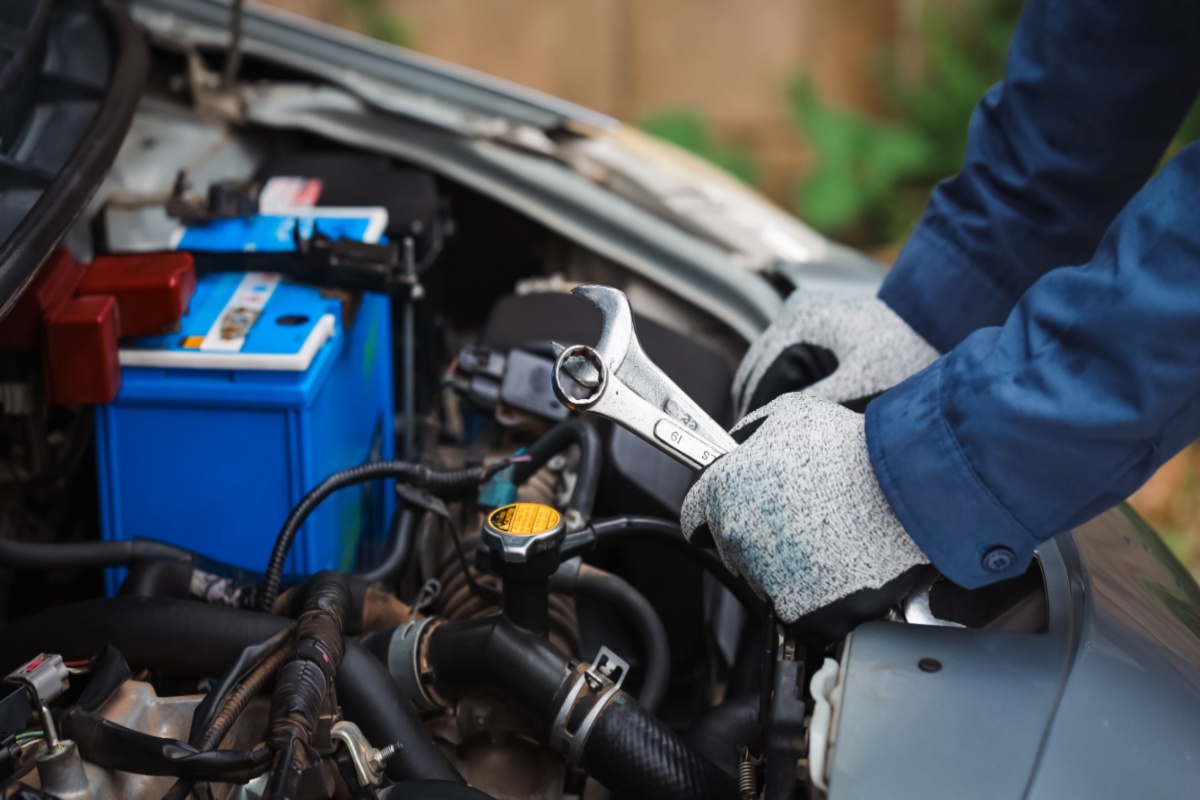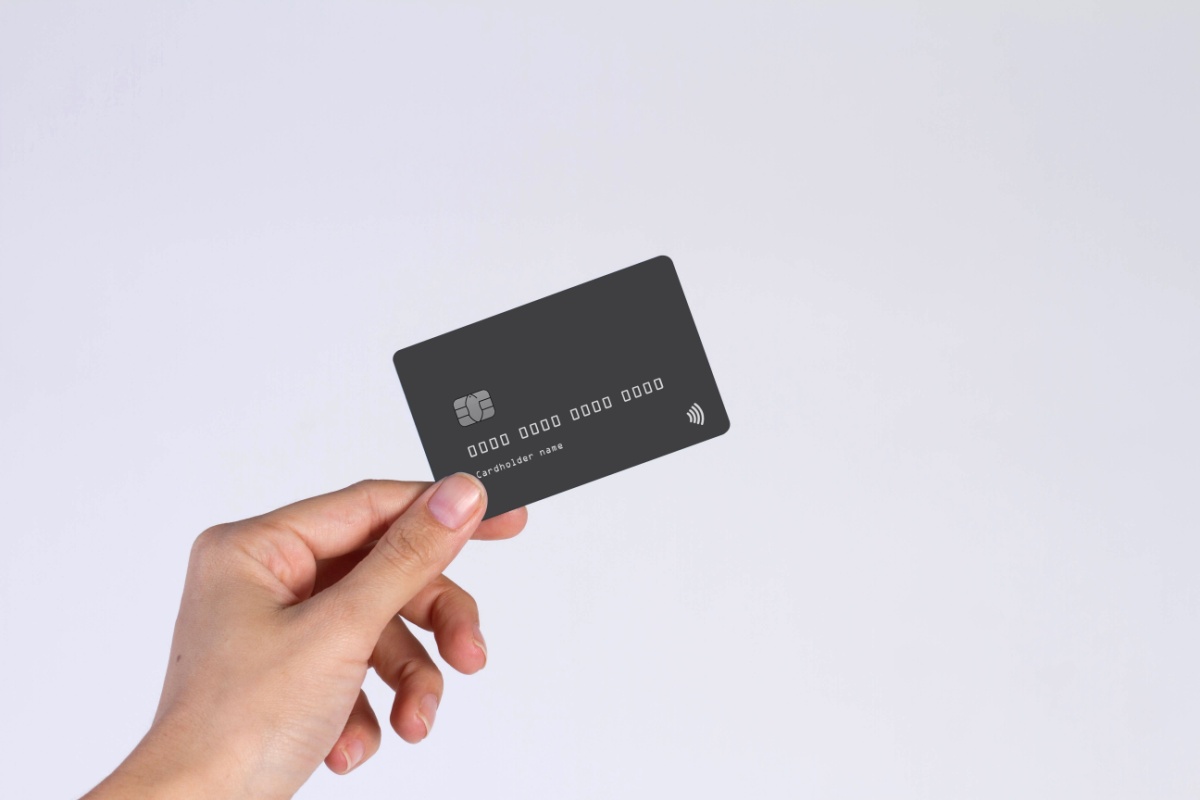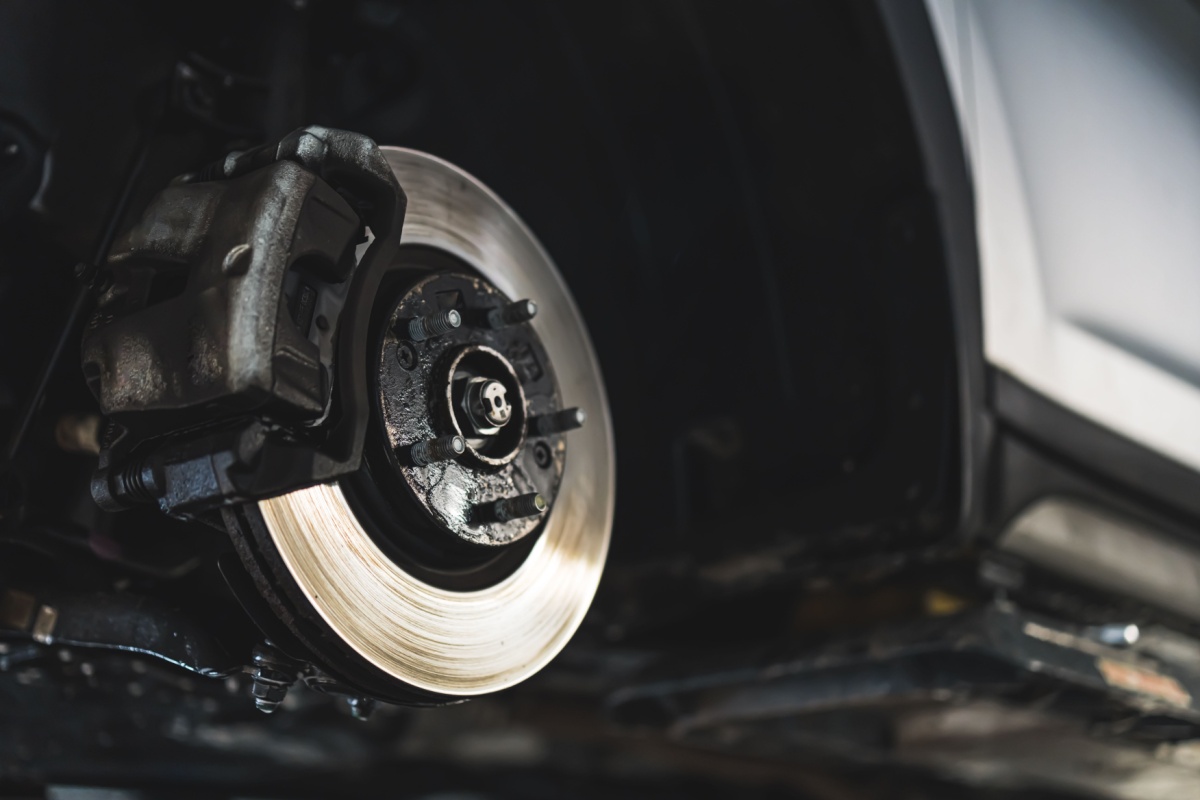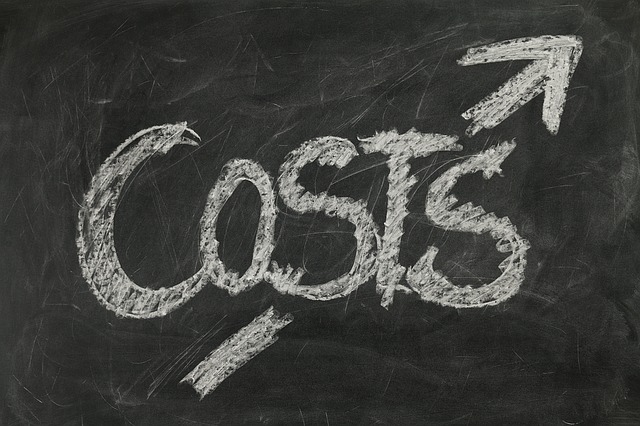What to Do When You Can’t Afford Car Repairs
If you’ve ever been in a situation where you think — I need my car fixed but have no money — know that you’re not alone and there is always hope.
There are solutions to avoid breaking the bank. From zero-cost repair programs to innovative financing strategies, we get to the bottom of what to do when your car breaks down and you have no money. Let’s look at some tips below.
What Are the Best Solutions When You Can’t Afford Car Repairs?
Let’s say your car breaks down when you’re planning to go on a road trip in a week, and you need money desperately to repair it in time. What do you do? Here are some options.
Option 1: Look for Free or Low-Cost Repair Programs
Some communities offer free or subsidized car repair services for local residents. They usually have set criteria for qualifying, including households with limited income, seniors, or individuals with disabilities. Local NGOs, churches, and vocational schools typically run these programs, so research your area or contact your city’s social services department to find programs you might be eligible for.

Option 2: Ask for Help from Family or Friends
If you place a phone call to a friend or a family member, they might agree to lend you money to help you with your repairs. When explaining, you can say something like, "I need my car fixed but have no money right now," to be transparent about your financial situation and what you need the money for.
At the same time, respect boundaries and be ready for a no. Don’t take their decision personally, as they may have reasons you don’t know about.
Option 3: Look for Payment Plans at Auto Repair Shops
Auto repair shops sometimes offer flexible payment plans, such as buy-now-pay-later options, allowing you to spread the repair cost over several months. Ask if they provide these services and for the interest rates and loan terms. If approved, you may receive a response in a few minutes and sign the loan agreement while at the store.
Option 4: Use a Credit Card with a 0% Interest Offer
A strategic option for covering emergency car repair costs is taking out a credit card with a 0% interest. These cards usually provide a six to 18-month interest-free period, allowing you to make payments without extra costs. The sooner you pay your car repair debt, the less interest you will pay. Keep in mind that you should use credit cards responsibly to avoid high credit utilization or missed payments.

Option 5: Apply for Emergency Car Repair Assistance Programs
Apart from local NGOs and community organizations, search for assistance programs through government agencies. Some programs offer low-cost or free car repairs to low-income individuals, unemployed individuals, or those who need their vehicle for work or medical appointments. Contact your local Department of Human Services and community action agencies for assistance and check your eligibility.
Option 6: Take Out a Small Personal Loan
A personal loan is an unsecured loan that you can use for any purpose, including car repairs. You can apply through a bank, credit union, or online. Interest rates typically range from 4% to over 20%, depending on your credit score and income stability.
Personal loans offer fixed interest rates, fixed monthly payments, and a set repayment period ranging from one to five years. Before taking out a personal loan, ensure that you can manage the monthly payments to avoid accumulating debt.
Option 7: Crowdfund Your Car Repair Costs
At times, it can be fruitful to ask for money without fear, particularly when you doso through crowdfunding platforms. While it may seem difficult at first, creating a detailed and honest campaign page on GoFundMe to repair your vehicle can be an effective way to get the support you need. Share it on your social media platforms, asking for donations. If you collect some funds from there, you can add those to your savings and alleviate the overall financial burden.
Option 8: Trade or Barter for Car Repairs
This is an age-old practice that can still be effective for managing car repair costs if you don’t have enough money. It involves exchanging your skills or services for the mechanical work you need on your vehicle.
Start by approaching your local mechanics and auto repair shops and offering them your proposal for a trade. Identify what you can provide them in return, such as accounting services, graphic design, marketing services, or even administrative support. You can also join an online barter network, such as Barter Network or Tradebank, where you can connect with businesses that are open to bartering.
Option 9: Consider Selling or Pawning Unwanted Items
A way of making quick cash for unexpected expenses is through selling unwanted items or pawning jewelry. Look through your belongings for items you don’t use anymore that might have resale value, such as electronics, musical instruments, or collectibles.
Facebook Marketplace and eBay are excellent for selling items directly to buyers. For immediate cash, consider pawning items. Pawn shops offer money in exchange for holding onto your item as collateral. You have the option to repurchase the item within a certain period — typically within 30 days.
Option 10: Look for Temporary Alternative Transportation
As a last resort option, if your car broke down and you have no money to fix it now, consider using alternative transportation methods for some time. This can help you manage immediate travel needs until you acquire the funds to repair your vehicle.
Utilize buses, subways, or trains available in your area. If distances and local infrastructure allow, consider biking or walking for some time. You might also explore carpooling coworkers or using ride-sharing services like Uber or Lyft.
5 Common Mistakes Car Owners Make That Lead to Surprise Repair Costs
Good vehicle maintenance can prevent unexpected car expenses. Unfortunately, many car owners make some common mistakes that lead to high repair costs down the road. Watch out for these pitfalls to keep your car running smoothly and avoid financial surprises:

- Never ignore the check engine light, as it is the primary indicator of potential issues within your vehicle. Ignoring it for too long can lead to serious engine problems. It’s better to take your car to a mechanic immediately for a diagnostic check to prevent minor issues from becoming major and more expensive.
- Don’t skip regular oil changes. Oil is the lifeblood of your car’s engine, providing lubrication and reducing friction to keep it running smoothly. Stick to your manufacturer’s recommended oil change schedule, which is typically after every 5,000 to 7,500 miles driven, to avoid a hefty repair bill later.
- Some drivers neglect tire maintenance. Common oversights include not rotating tires regularly and failing to check and adjust tire pressure. Check your tire pressure at least once a month and rotate the tires approximately every 5,000 miles driven or once every six months. Regular maintenance will prevent reduced fuel efficiency, uneven tire wear, and potential blowouts.
- Apart from checking oil and tires, don’t forget to check other fluid levels too. Low or dirty fluids can cause the systems they lubricate to work harder, resulting in premature wear and unexpected failures. Check the coolant levels at least once a month, especially before going on a long trip. Brake and transmission fluids can be checked at least twice a year.
- And finally, don’t delay brake repairs. Responsible for your safety, brakes must perform as they should. Any squeaking, grinding sounds, or increased stopping distances must be addressed immediately. Procrastinating will only lead to higher repair costs and threaten your driving safety.
How to Avoid Future Car Repair Bills
Proactivity is key when it comes to car maintenance. If you think a few steps ahead, you can be prepared for any unexpected car repairs that may arise. Here are three simple strategies to help you avoid being caught off-guard by costly repair bills.
Build a Small Emergency Fund for Car Repairs
Start setting aside a small amount of money each month into a dedicated emergency fund. This fund should serve as a buffer for car repairs only, so don’t touch it unless it is extremely necessary.
Look back at your last year’s monthly average car expenses. Aim to set aside an equivalent amount each month, if possible. Don’t forget to include insurance deductibles in your calculations as well. Ideally, aim to set aside 5% of your monthly income.
Consider Auto Repair Insurance or Maintenance Plans
Auto repair insurance is a good investment to cover the costs of repair that go beyond your warranty or aren’t included in typical insurance policies. When shopping for a plan, look for options that cover parts and systems critical for your vehicle’s age and condition, including electrical and mechanical failures. Auto repair insurance often costs between $300 and $1,000 annually.
On the other hand, maintenance plans are often available through dealerships or auto clubs. They cover routine services like oil changes, tire rotations, and annual inspections. You can aim for a customized plan and choose the one that suits your car’s specific needs.
Stay on Top of Regular Maintenance to Avoid Bigger Issues
Finally, never neglect regular maintenance to prevent issues from getting harder and more expensive to fix. Your maintenance checks should include not only oil changes but also checking and replacing the timing belt before it fails, which is typically recommended between 60,000 and 100,000 miles.
On top of that, regularly inspect brake pads, which may need replacing every 25,000 to 70,000 miles, depending on usage, and keep tire pressure and alignment in check to prevent uneven wear.
It’s not the end of the world if you can’t afford car repairs immediately. Thankfully, several options, including community repair programs, barter systems, and payday loans online, offer alternative and flexible financing options to help you manage repair costs. By staying informed and prepared, you can keep your vehicle running smoothly and your finances intact.





